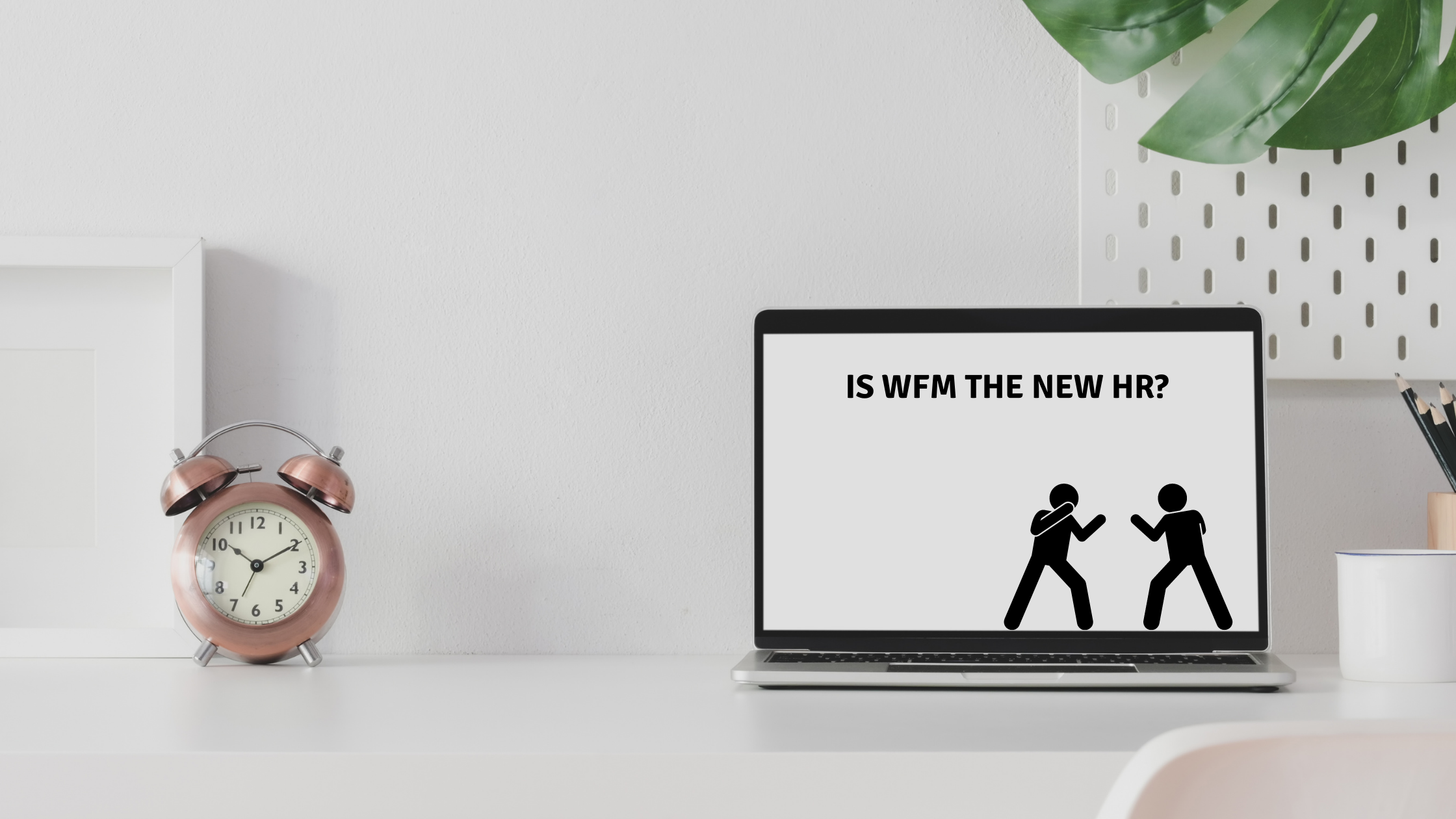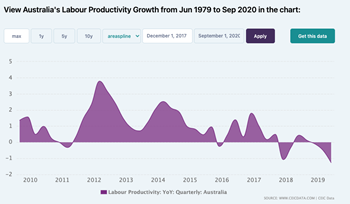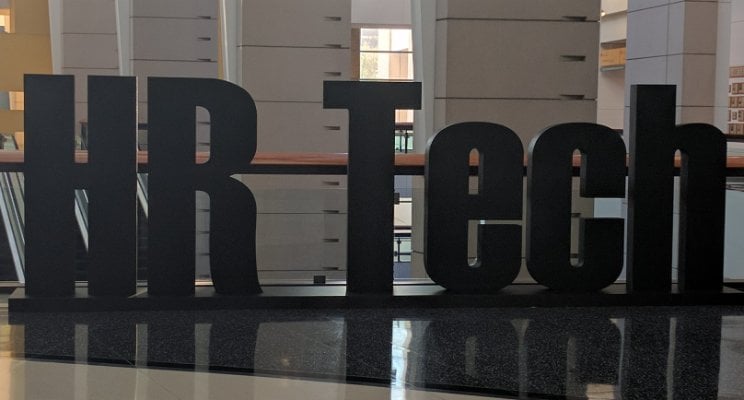Smart WFM expands into Asia with new Singapore Office
Singapore, May 19, 2020: Leading HR workforce management consultancy opens doors in Singapore. Need for remote workforce management across region...

Back in 2015 I blogged how WFM (Workforce Management) was becoming the new HR (I took some flak from my HR colleagues at the time, but we’ve since kissed and made up!). The blog highlighted how HR was stifling itself and misdirecting its energy by trying to continually prove its value, all while operations management was getting on with the job of using WFM tools to better manage people. You can read the original blog here: (https://www.linkedin.com/pulse/wfm-becoming-newhr-rob-scott/).
So, how much has changed over the last 5 years, and are the HR and WFM ‘camps’ in a better or worse position that before? In my view, there has been a significant shift in both HR and WFM positions, brought about by three notable realisations.

This was an obvious horse to back for WFM, or so many executives thought. However, the reality is in most cases, WFM solutions were being used to drive compliance, not productivity. This isn’t necessarily a bad thing, and remains an important need, as we continue to see many companies being exposed for poor time and payment compliance.
But let’s not be under any delusion, in most countries, including Australia, we have seen a general decline in labour productivity for the last decade.This has been a massive wake-up call for many companies that something more fundamental needed to be addressed. It was HR that stood up and said, “we understand the problem” – we need to engage the heart, the head and the hands.
Inherently many HR professionals and good people leaders knew you could not treat people as widget-producing machines. It turns out, the human experience is significantly important to achieve better outcomes, innovation, and growth. Initially many HR leaders focussed on experience using technologies (user experience), but soon realised the importance (and enormity) of creating an enterprise employee experience.
This was not a lone-ranger task, but rather required a strategic re-imagination of people and the environments they worked in – which opened a window for HR and other functions, such as Operations Management to work collaboratively. It has allowed the traditional HR and WFM functions to pursue a common goal rather than vying for custodianship of people activities. Not all organisations are there yet, but it is helping cement HR’s value and importance. Covid has oddly, confirmed that a people-centric focus is a future model and that an organisations value motive can simultaneously include financial profit, and societal benefits.
The renewed focus on people has given rise to new ‘experience’ technologies and spurred both HR and WFM vendors into a new and exciting Behavioural-Technology spaces.
The third shift has been the realisation that introducing technology into your work environment is not the same as creating a Digital workplace. Many continue to throw technology at employees under the assumption that it is making work easier and improving their experience. Whilst it seems counterintuitive, Digital workplaces are not about adding in more and more technology, rather it’s about empowering employees to do more with technology. It’s a subtle difference, but it’s big. How you position technology to be used is of greater value than the technology itself. This will open the doors to AI becoming part of the team, personalisation, innovation, growth, analytics and wellbeing.
Those that understand this difference, will reap significantly more value from people. A true Digital environment will leverage the hidden bidirectional relationships which exist between People, Technology and Environments.
So, HR and WFM have both gone through different experiences and learnings over the last 5 years. In my view, all necessary to realise what the future needs. Their individual value contributions are now clear, but the signs are all pointing towards a realisation of the synergy between the two. It’s now HR+WFM=Maximum People Value.

Singapore, May 19, 2020: Leading HR workforce management consultancy opens doors in Singapore. Need for remote workforce management across region...

Smart WFM is going to be an exciting place to be in 2018. Here are my top five things to watch out for from Smart WFM.

Chicago, or the Windy City to its friends, has a lot going for it. Deep dish pizzas, great live music, the panoramic view from the Hancock tower to...